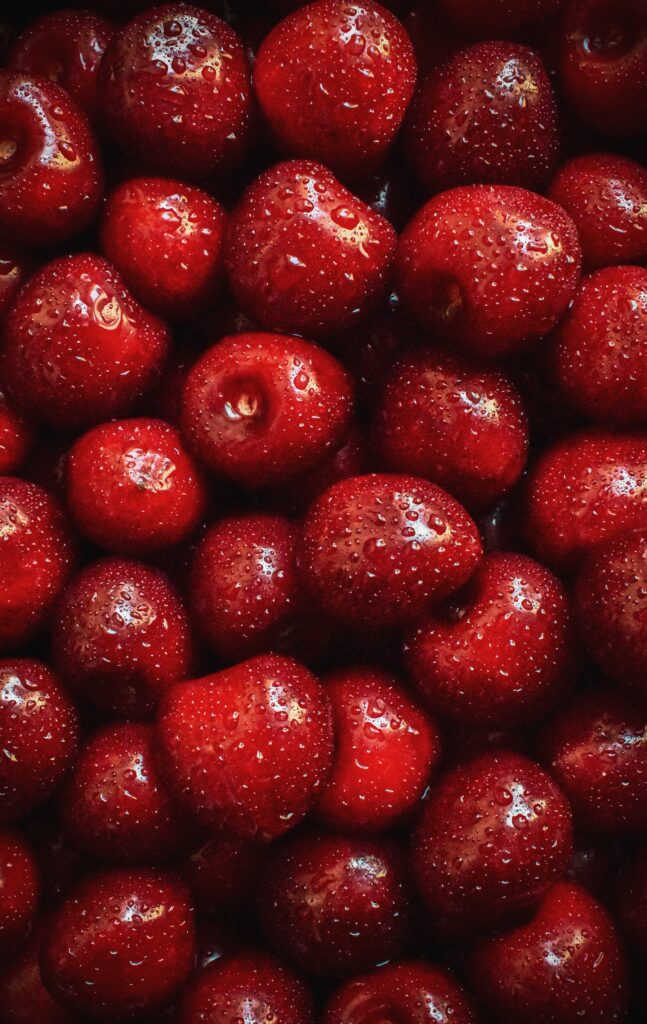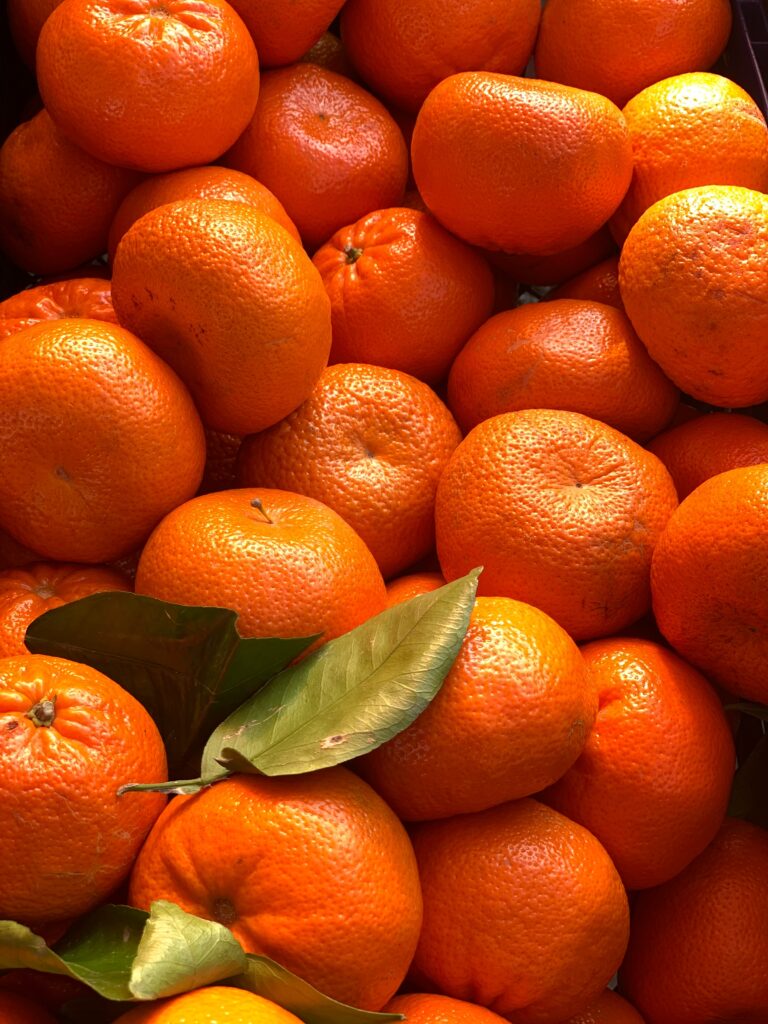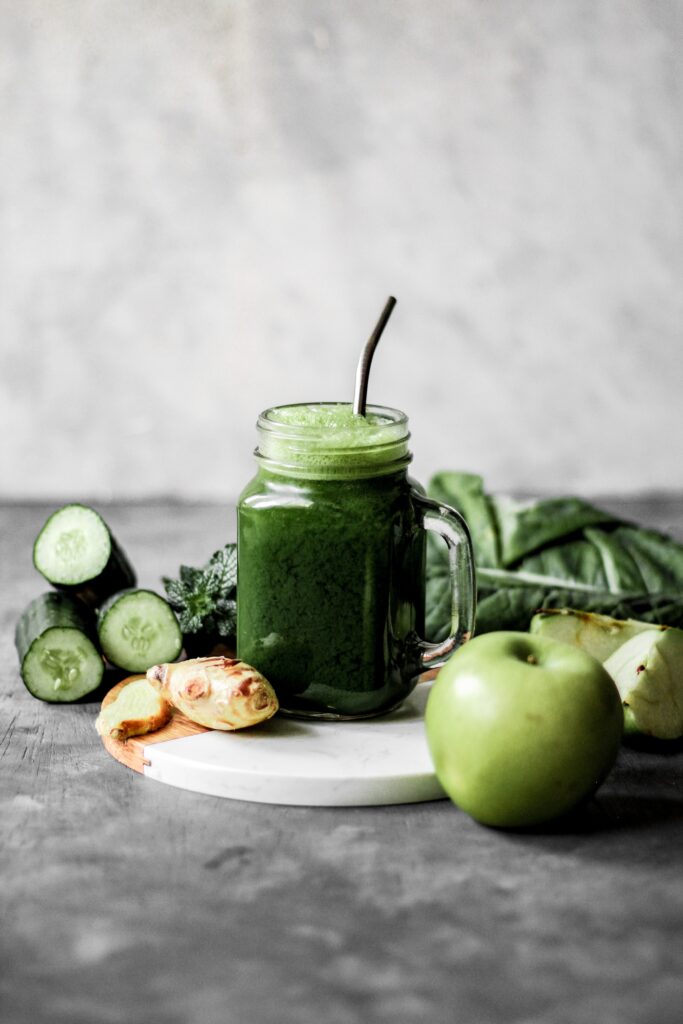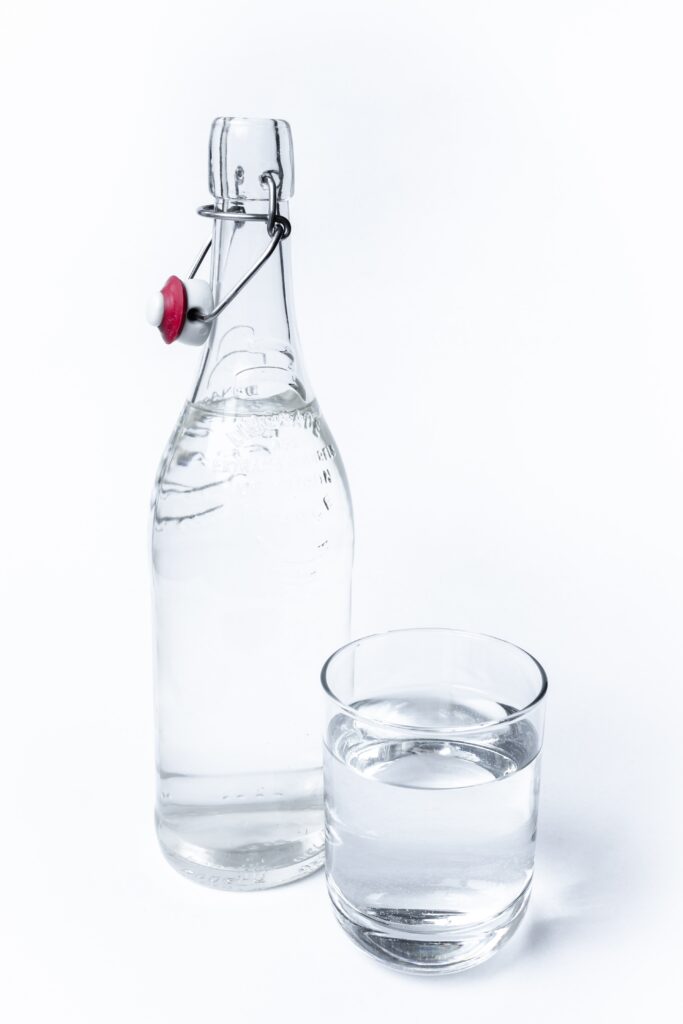If you have diabetes, it’s especially important to pay attention to what you eat. Eating the right foods can help keep your blood sugar levels in check and keep your body healthy. With the right nutrition, you can better manage your diabetes and prevent complications. In this blog post, we will explore the best and worst foods for diabetes, giving you the information you need to make healthy dietary choices.
Table of Contents
Foods To avoid if you have Diabetes
When it comes to diabetes, the best rule of thumb is to limit or avoid foods that are high in sugar and processed carbs. By avoiding these types of unhealthy foods and opting instead for fresh, whole and natural options, you can help to reduce your risk of diabetes-related complications. However, nutrition isn’t just about avoidance — it’s also about inclusion. Eating a balanced diet with plenty of fresh vegetables, fruits, healthy proteins, legumes and whole grains can support your nutritional healing journey and help you to better manage it.
Here are some foods you should avoid or limit:
- Sugary drinks: This includes soda, fruit juices, energy drinks, and sweetened coffee and tea. They are high in sugar and can cause your blood sugar levels to spike.
- Processed snacks: Chips, crackers, cookies, and other packaged snacks are often high in added sugars, salt, and unhealthy fats.
- White bread, rice, and pasta: These refined carbohydrates are quickly broken down into sugar in your body and can cause blood sugar spikes.
- Fried foods: Fried foods are often high in unhealthy fats and can raise your risk of heart disease.
- Red meat: Eating too much red meat can increase your risk of developing heart disease and other health problems.
- Full-fat dairy products: These are high in saturated fat, which can raise your cholesterol levels and increase your risk of heart disease.
- High-calorie desserts: Desserts like cakes, cookies, and ice cream are high in sugar and calories, and can cause your blood sugar levels to spike.



Foods to Eat in Moderation
For those with diabetes, moderation is key. Even though some healthy foods can be eaten in larger amounts, others may need to be restricted to small portions. Nutrition plays a huge role in controlling it and it’s important to understand the impact that each type of food has on blood sugar levels.
If you have diabetes, certain foods that should be enjoyed only in moderation. These include processed grains such as white bread, white rice, and pasta; sugary drinks; high-fat dairy; and red and processed meats. Instead, opt for more nutritious alternatives that contain whole grains, lean proteins, low-fat dairy, and lots of fresh fruits and vegetables.
When consuming these foods in moderation, be mindful of portion size and the amount of added sugars, fats, and salt. Eating smaller portions is a good way to control your calorie intake and prevent spikes in blood sugar levels.
Nutrition can play an important role in nutritional healing for diabetes. Choosing healthy foods like nuts, seeds, whole grains, legumes, and low-fat dairy can help regulate blood sugar levels and provide essential vitamins and minerals. The American Diabetes Association recommends eating plenty of non-starchy vegetables and moderate amounts of fruit to help manage it.
It is also important to practice mindful eating when consuming foods that should be eaten in moderation. Eating slowly allows the body to properly digest food and can help control cravings for unhealthy snacks. Additionally, being aware of how you are feeling after eating can help identify which foods trigger uncomfortable symptoms or blood sugar spikes.
By following these guidelines and including more healthy foods in your diet, you can create a balanced diet that helps control it. Eating in moderation and making healthy food choices can be a great start to controlling your diabetes and promoting overall health.

Foods to include
When it comes to managing diabetes, there is no one-size-fits-all approach to nutrition. However, some foods are particularly beneficial for people with diabetes and should be included in your daily diet. These foods contain essential vitamins and minerals that can help support healthy blood sugar levels, reduce inflammation, and promote nutritional healing.
Foods that have been proven to have a positive effect on blood sugar levels include non-starchy vegetables like kale, spinach, Brussels sprouts and cauliflower; fibrous fruits such as apples, pears, oranges and berries; healthy proteins such as fish, eggs, lean meat and plant-based proteins; nuts; seeds; and complex carbohydrates such as beans, lentils and quinoa. Eating healthy fats such as avocados, olives, olive oil, nuts and seeds may also help to improve your blood sugar levels. When eating healthy foods, aim to focus on variety and moderation. To further support the dietary needs associated with diabetes, try adding herbs and spices such as turmeric, ginger and garlic to your meals for added flavor and potential health benefits.
Fruits and vegetables are a great way to get essential vitamins, minerals, and fiber into your diet. Look for brightly colored produce, such as oranges, carrots, and apples, as these tend to be higher in antioxidants than their paler counterparts. Leafy green vegetables like spinach, kale, and arugula are also high in fiber and important nutrients like vitamin C.


In addition to fresh fruits and vegetables, you may want to include whole grains in your diet. Whole grains contain complex carbohydrates that break down slowly and help maintain steady blood sugar levels. Examples of whole grains include oats, brown rice, quinoa, barley, and bulgur wheat.
Legumes are another excellent source of fiber and protein, which can help keep you full longer. Beans, peas, chickpeas, lentils, and other legumes can be a tasty addition to any meal. Try adding them to soups, salads, or vegetable dishes for an extra boost of flavor and nutrition.
Low-fat dairy products, such as yogurt and cottage cheese, are also beneficial for those with diabetes. Dairy products are high in calcium and protein but low in fat and calories, making them an ideal choice for those trying to control their weight.
Finally, healthy fats like olive oil and nuts can help lower cholesterol levels and provide essential fatty acids. They can also add flavor to meals without the need for added sugars or salt.
Incorporating these foods into your daily diet can help you reach your blood sugar goals while providing key nutrients that support overall health. Eating a balanced diet is a crucial part of managing diabetes, so make sure to include a variety of foods in your meals to get the most nutritional healing benefits.


Mounjaro Weight Loss Plan
Mounjaro weight loss plan is a revoltionary program helps control diabetes and cholesterol levels. The ketogenic lifestyle used by Mounjaro encourages consuming high amounts of monosaturated fatty acids (MUFAs) found in olive oil, nut butter, avocado, and salmon, among others. These MUFAs have been associated with lowering cholesterol levels and improving cardiovascular health. Studies have shown that people who follow the ketogenic lifestyle have experienced a decrease in their fasting glucose levels as well as improved blood pressure readings when compared to individuals who consume a typical western diet. Additionally, studies have shown that long-term adherence to the ketogenic lifestyle can reduce the risk of type 2 diabetes development.
Role of Water
Staying hydrated by drinking plenty of water each day is important for overall health and diabetes management. Here are some ways water can be beneficial for managing diabetes:
- Hydration: People with diabetes are more prone to dehydration due to high blood sugar levels. Drinking water regularly can help maintain hydration levels and prevent complications like urinary tract infections, kidney stones, and diabetic ketoacidosis.
- Blood sugar control: Drinking water can help regulate blood sugar levels by flushing out excess glucose from the body. Staying hydrated can also improve insulin sensitivity and reduce the risk of developing type 2 diabetes.
- Weight management: Drinking water before meals can help control appetite and reduce the amount of food consumed, which can aid in weight loss. This is particularly important for people with diabetes as weight management is crucial for managing the condition.
- Kidney health: People with diabetes are at a higher risk of developing kidney problems. Drinking water can help flush out toxins from the kidneys and prevent the development of kidney disease.
Overall, drinking enough water is crucial for managing diabetes and preventing complications. The amount of water one should drink varies depending on factors like age, weight, activity level, and climate. However, a general rule of thumb is to drink at least eight glasses of water per day, or more if needed.

Power of Vitamins and Supplements in Managing Diabetes
Supplementing your healthy diet with vitamins and minerals may be beneficial for improving insulin sensitivity and supporting nutrient deficiencies due to poor blood glucose control. Nutrition plays an important role in nutritional healing from diabetes and its long-term effects. While there is no one perfect diet for everyone, making healthy food choices such as limiting processed food intake, increasing intake of fiber-rich and whole food sources, consuming healthy fats and including additional supplements can make a big difference in supporting diabetes care and ultimately reducing its long-term effects.
It is a chronic condition that affects millions of people worldwide. While there is no cure, managing blood sugar levels is crucial in preventing complications. Vitamins and supplements can play a vital role in managing diabetes by supporting overall health and helping to regulate blood sugar levels. Some popular options include vitamin D, magnesium, chromium, and omega-3 fatty acids. However, it’s important to talk to your healthcare provider before starting any supplement regimen, as some may interact with medications or have unwanted side effects. With the right guidance, incorporating vitamins and supplements into your diabetes management plan can help you achieve better health and a better quality of life.

The Bottom Line
Nutrition plays a critical role in managing diabetes, both type 1 and type 2. Eating a balanced diet and maintaining a healthy weight are key to preventing and controlling it. Whole foods rich in fiber, vitamins, minerals, and other beneficial nutrients are the best choice for nutritional healing for diabetes. Avoid processed foods and refined carbohydrates, as well as added sugars and saturated fats. If you have diabetes, it’s important to be aware of portion sizes and to eat regularly throughout the day to maintain your blood sugar levels. By being mindful of what you’re eating, you can help manage it and reduce your risk for health complications.
Additionally, it is essential to work with a healthcare provider or registered dietitian to create an individualized meal plan that takes into account one’s specific nutritional needs and medical conditions.





Pingback: The Revolutionary Mounjaro Weight Loss: How to Safely and Effectively Lose Weight on Mounjaro - HEALTHILY EVER AFTER